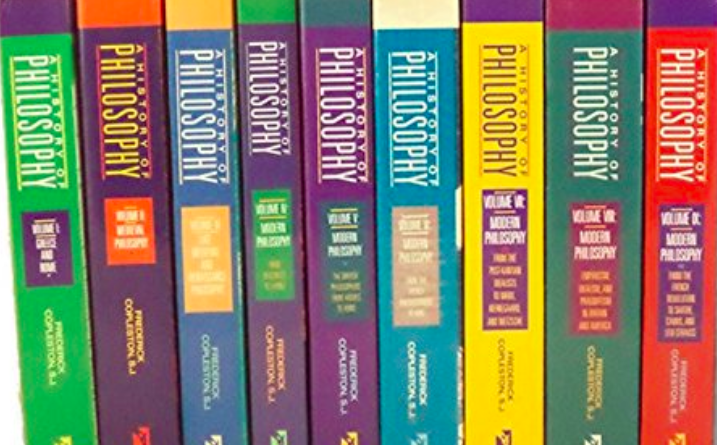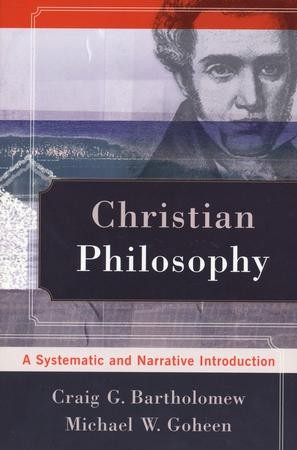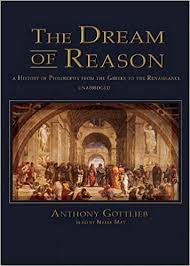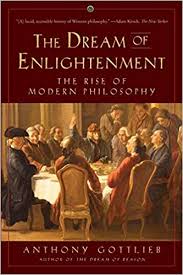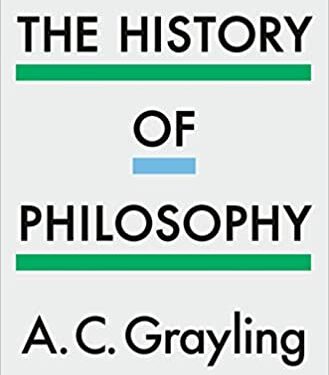It is not strictly true that philosophers only write in the present tense. There are a good number of philosophers who turn their pens from analysis to narrative. Some, in fact, are quite good at it.
Here are five of the best histories of philosophy in no particular order.
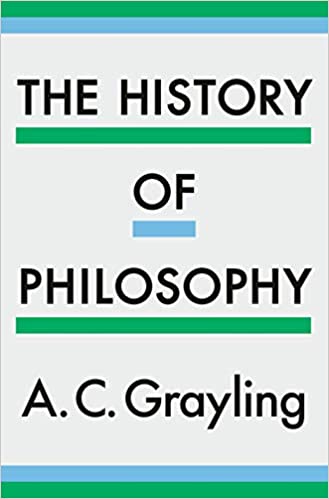
First, a new one: A. C. Grayling’s The History of Philosophy. Grayling, master of New College, London, is a teacher by trade and by nature. He has a unique knack of explaining something quite complicated in an intelligible way. He also writes about the characters of philosophy with a good deal of personal interest. His tone always suggests that he is genuinely interested in their lives, loves, and historical contexts. Highlights include his summaries of Russell and Wittgenstein.
The downside of the book is found in Grayling’s dismissal of anything remotely religious. He says that religion is nothing to do with philosophy and so leaves out arguments with divine beings in their conclusions. Giving religious philosophers such short shrift betrays an unsightly form of snobbery and contradicts his otherwise generous treatment of philosophers and their contributions to the history of the discipline.
Nevertheless, Grayling remains an excellent teacher. His section on the analytic tradition is worth the price of the book.
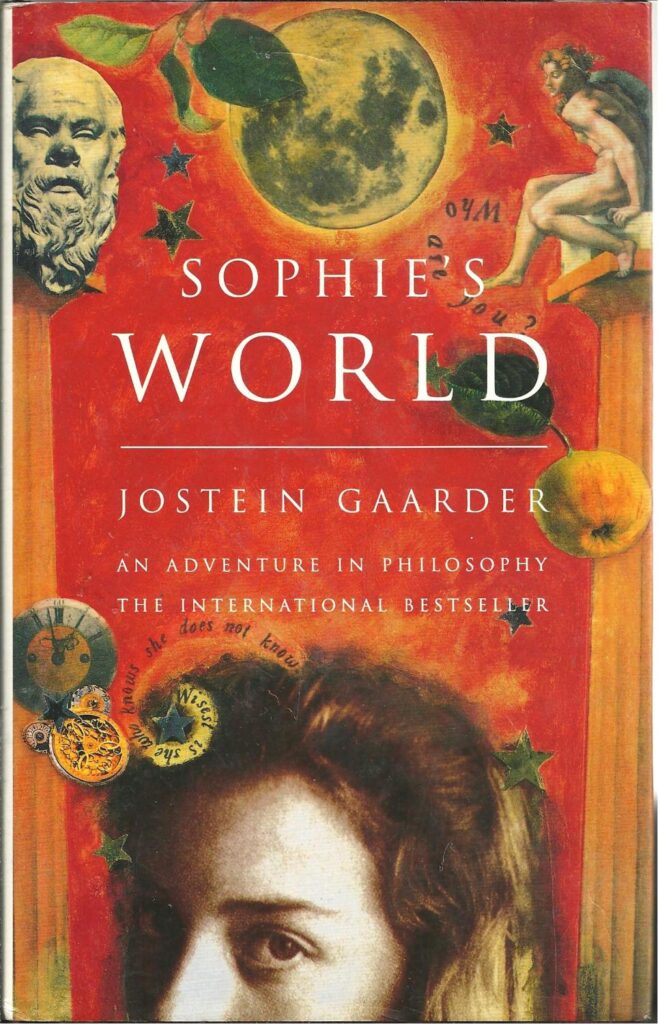
Second, Jostein Gaarder’s Sophie’s World is a marvelous introduction to philosophy. It is a history of philosophy in the form of a novel. The story is compelling and illustrates philosophical ideas in concrete narrative form. Consequently, anyone teaching an introduction to philosophy for the uninitiated will find the book not only to be a delight to read but a generous sourcebook for illustrations of complicated theories.
Like Grayling, Gaarder moves swiftly through the largely Christian Middle Ages. Unlike Grayling, Gaarder attends far more to continental thinkers than their analytic counterparts in the post-Kantian section of his book. Thus, for those who are looking for a discussion of Frege, More, Russell et al., one ought to look elsewhere.
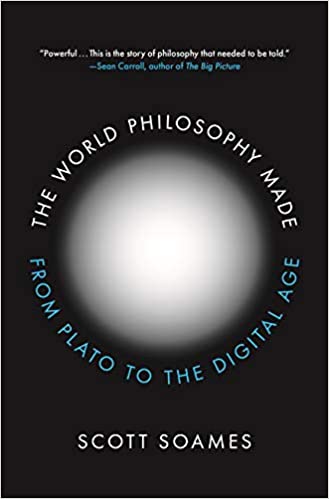
Third, another new one, and one that is not exactly a history is by Scott Soames. In The World Philosophy Made: From Plato to the Digital Age, Soames extends to a book length an answer to a question most philosophy teachers answer in the first hour of the first class of the term: What is the point of philosophy?
As a bit of discipline defense, this book is masterful. It showcases the effects philosophers have had on the world. Philosophy, it turns out, has a point. Without it math, computers, science, politics, economics, cognitive science, and a host of other important domains just would not be what they are.
Although Soames offers a stirling defense of his trade, he is not the easiest of writers to follow. Sometimes his love for the technical details gets in the way of his desire to show something to the reader. Consequently, the book can be hard going at times.
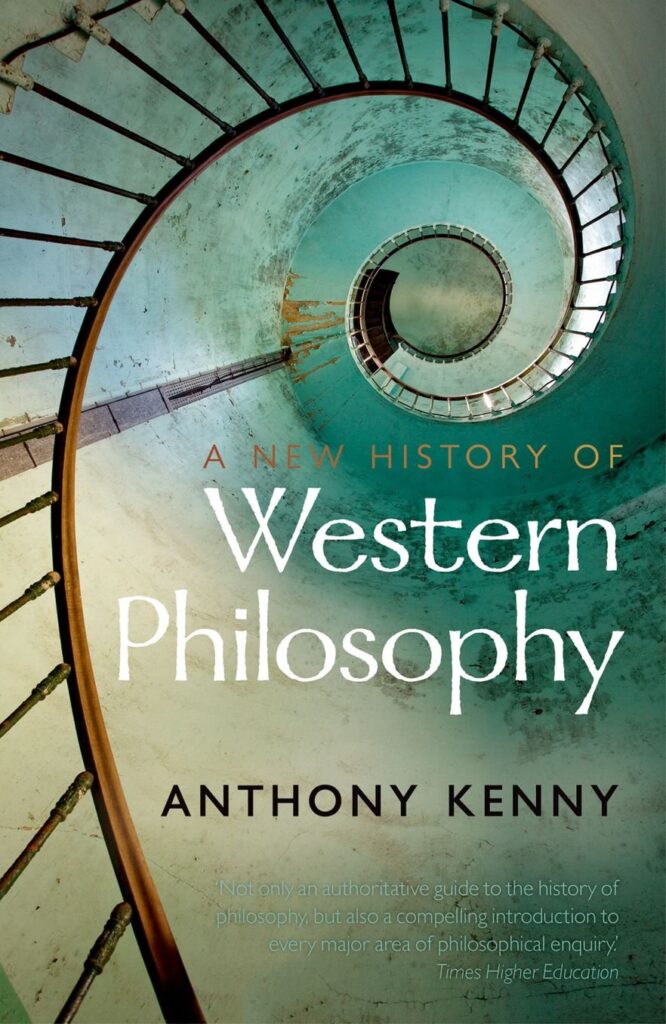
Fourth, and perhaps my favorite of the lot is Anthony Kenny’s A New History of Western Philosophy. Kenny combines the narrative flow of philosophical thought with detailed analysis of various philosophers on specific domains within the discipline. Each section of the book contains a historical section followed by chapters on specific domains such as epistemology, ethics etc. Such a structure is immensely helpful to understand the general ideas sufficiently so as to comprehend the details of the various arguments. It also makes referring to the book much easier.
Unlike Grayling, Kenny devotes much of the book to religiously motivated philosophers especially those within the Middle Ages. As Kenny points out, many of the issues facing philosophers today are questions for which the philosophers of the Middle Ages have already developed complex answers.
Occasionally Kenny breezes through biographies in order to get to the good bits – the arguments. However, this generally matches the temperament of his average readers–philosophers. Thus, it does not detract from the work.
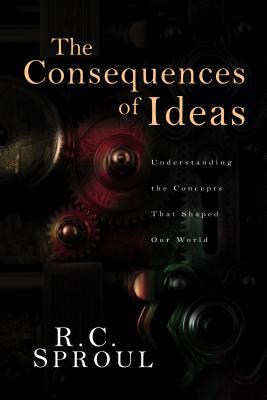
Okay, my last one is not written by a professional philosopher. It is also not one that would compete for a place on the syllabus of a philosophy teacher outside of the seminary. However, it has its place because it is short, sharp, and written from an explicitly Christian perspective. R. C. Sproul was a pastor, seminary professor, and radio personality. He also had a unique grasp of the intellectual suppositions of people and knew how to explain them.
The latter skill he combined with an insight into the depravity of unbelieving worldview making. Thus, The Consequence of Ideas not only attempts a history of philosophy, but also seeks to demonstrate the failure of unbelief to make sense of the world God made.
Here are a few others. They’re all good, but didn’t quite make this list, though they might have done had I written this post on a different day.
